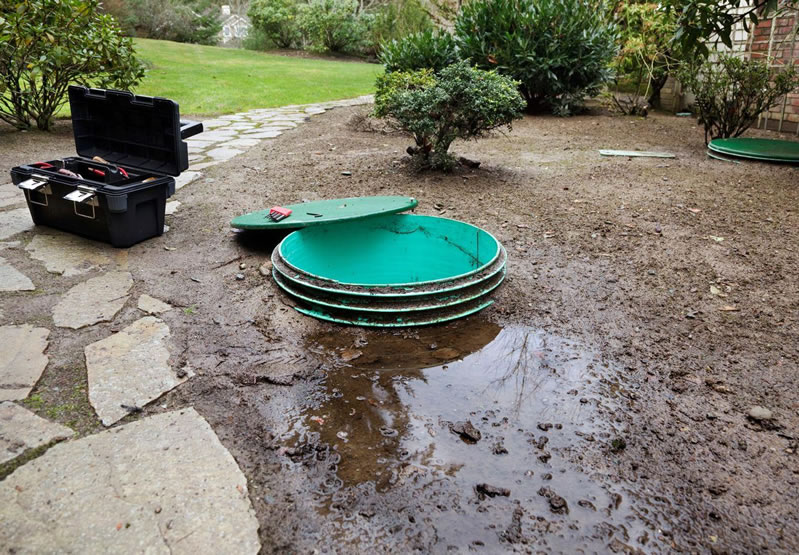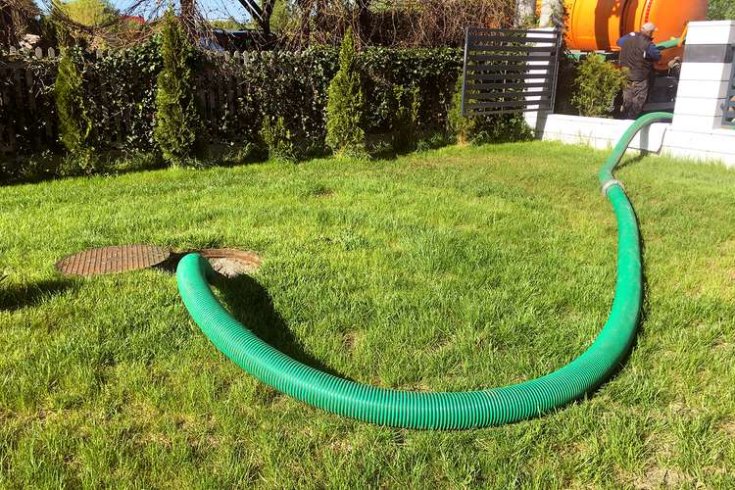
23
Septic systems, like the majority of your home's components, require routine upkeep. The septic system should last for many years if it is properly maintained. There is a serious risk of failure and overwhelming costs for repair if it is not properly maintained. Additionally, septic systems have a limited lifespan and will eventually require replacement. A septic system that breaks down or doesn't function properly can hurt the health of people and animals and pollute the environment. A mindful septic owner is aware of the indications of danger and acts proactively when found. You too can be a cautious owner with the help of this guide.
Untreated sewage is released and transported to undesirable locations when a septic system fails. This could result in sewage backing up in the building's pipes or coming to the surface of the ground around the tank or drain field. It is also possible for the sewage to enter the surface or groundwater without your knowledge. The sewage conveys microbes and other hazardous impurities. People and animals can get sick from being around these pathogens and contaminants.
If you want to protect yourself and your family from harmful contaminants inside your septic tank, you need to be strict with following maintenance rules. Regular inspections and septic tank pumping in Fairview, NC will take you a long way. If you’re still on the lookout for a reliable septic company to trust your septic system with, Charlotte Septic Pros is here for you anytime.

28
Why Is Sewage Backing Up into My Tub? When wastewater starts rising into your bathtub, it’s more than just unpleasant—it’s…
Read more
22
Can Bacteria Additives Eliminate the Need for Pumping? If you own a home with a septic system, you’ve probably seen…
Read more
12
A single slow drain in your home can feel like a minor inconvenience. Maybe the sink takes a little longer…
Read more
05
Are Slow Drains a Septic Issue or Just a Clog? Slow drains are one of those household problems that start…
Read more
02
What Septic Service Techs See That Homeowners Miss Most homeowners only think about their septic system when something goes wrong.…
Read more
21
Simple Habits That Protect Your Septic System A well-functioning septic system does its job quietly, but the moment something goes…
Read more
14
Pump Now or Pay Later: The Real Cost of Skipping Maintenance A properly functioning septic system is easy to forget…
Read more
11
Why Your Septic System Always Acts Up at the Worst Time Homeowners often feel that septic problems strike at the…
Read more
04
Early Warning Signs Your Septic Tank Needs Pumping For homeowners who rely on a septic system, routine maintenance is not…
Read more
29
Why Does My Septic System Smell Fine One Day and Terrible the Next? If you own a home with a…
Read more